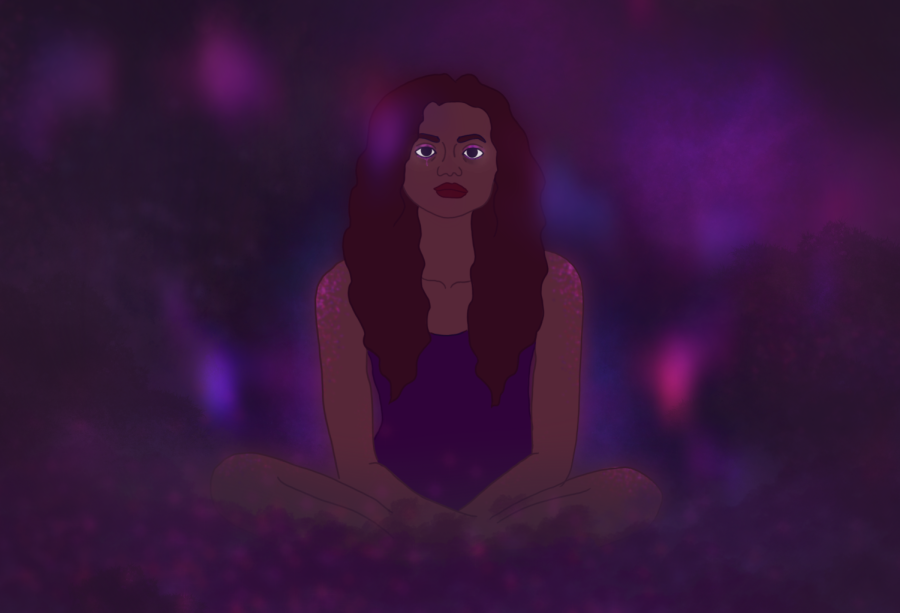Euphoria is Fantastic, But Not For The Faint of Heart
The highly anticipated season two of “Euphoria” is here. After nearly three years of waiting, the newest installment of a deeply troubled high school experience is now available for viewing every Sunday night, with each week building more anticipation than the last.
The show is creative and artful, and its influence on popular culture is undoubtable. If you haven’t seen the episode by Sunday night, DO NOT go on Twitter, fair warning. Aside from subject matter, “Euphoria” is filmed in a style comparable to a feature film, and the production adds mental turmoil to each character that could never be evident through plot elements alone. That’s not a huge claim; every piece of art wants to set themselves apart in ways never seen before, but I really haven’t seen a show that makes me think as much about what’s coming since I started season two.
So far in this season, Kat’s mental gymnastics in grappling with her own self-loathing and the overwhelming “love yourself” discourse is well-displayed in a scene surrounded by stunning influencer types, as she screams, “don’t you get it, I fucking hate myself,” while they encourage her to “just” accept herself. In these moments, it becomes clear that the show isn’t selling aspiration, and even in the crazy scenes that feel so far from yourself, you can relate in these performances of adolescence that everyone grapples with at some point.
However, a show that tackles such intense matters—whether it be addiction, abuse, serious mental health struggles or tumultuous relationships—should not be accessible to this degree. I think there’s a slight disconnect with the fanfare it receives, almost discounting the gravity of some of these deeply disturbed elements by virtue of it becoming so popular.
I recently compared it to my egregious consumption of “Gossip Girl” and “Pretty Little Liars” when I was 14 and 15 years old. I ate up every episode of those shows and it probably did influence my views on adolescence, in ways I would never tangibly experience, but loved to access through distantly relatable forms of media. Even though the show arguably isn’t marketed towards younger teenagers as it does have a mature rating, the buzz created around “Euphoria” might be playing a role in producing some of the desensitization that may occur.
I’m not one to blame the viewer or the intended audience, but I do think there’s an element of self-advocacy that needs to come into play when choosing to consume hard-to-watch media. Obviously some responsibility falls on the creators; they have to ride the line between incredible art and triggering content. In some ways, the effects are out of their hands, but that doesn’t seem to be the case especially because it is set in high school, a time when teens are looking to something out of their world to make sense of how they’re supposed to behave. The display of large-scale trauma in season two is so much so that Zendaya herself, who plays Rue, posted a disclaimer on her social media accounts before the season was set to air.
“I know I’ve said this before, but I do want to reiterate to everyone that Euphoria is for mature audiences. This season, maybe even more than the last, is deeply emotional and deals with topics that can be difficult to watch. Please only watch if you feel comfortable. Take care of yourself and know that either way you are loved and I can still feel your support. All my love, Daya.”
As far as what’s to come, I’m eager to see how Lexi and Fez’s relationship, which seems to be fed to us viewers in breadcrumbs, develops as the show continues. The connection between all the characters and their hyper-specific relationship dynamics makes the show so involved and worth watching—if you can stomach it, of course.


